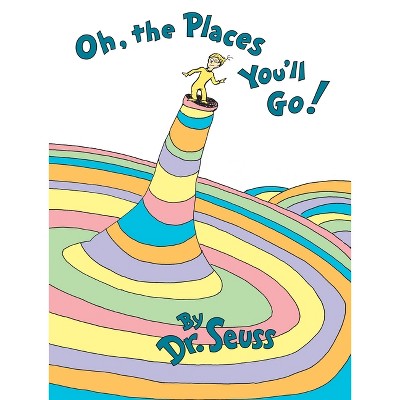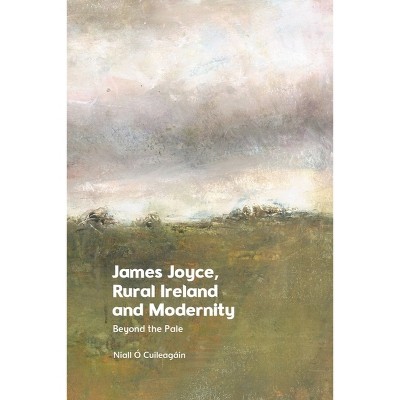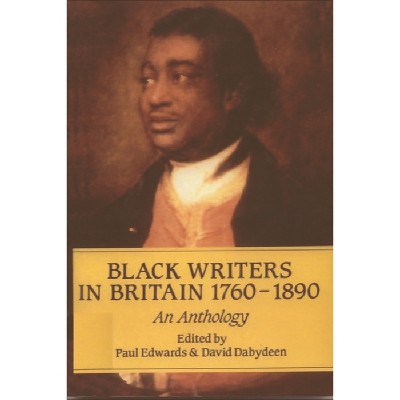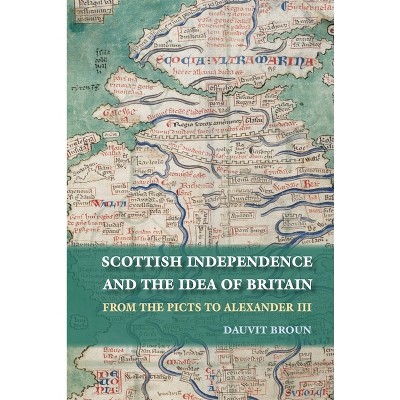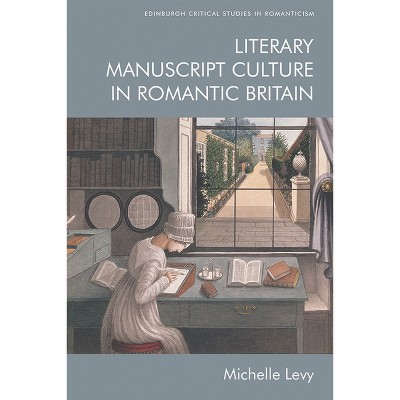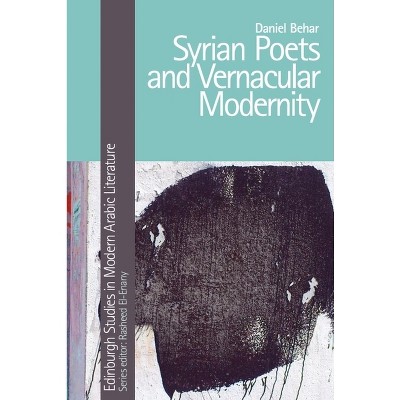Rural Modernity in Britain - by Kristin Bluemel & Michael McCluskey (Paperback)

About this item
Highlights
- Defines the interdisciplinary field of Rural Modernity through analysis of British literature, art and cultureRural Modernity in Britain argues that the rural areas of Britain were impacted by modernisation just as much - if not more - than urban and suburban areas.
- About the Author: Kristin Bluemel is Professor of English and Wayne D. McMurray Chair in the Humanities at Monmouth University in New Jersey.
- 328 Pages
- Literary Criticism, European
Description
About the Book
Rural Modernity in Britain argues that the rural areas of Britain were impacted by modernisation just as much - if not more - than urban and suburban areas.
Book Synopsis
Defines the interdisciplinary field of Rural Modernity through analysis of British literature, art and culture
Rural Modernity in Britain argues that the rural areas of Britain were impacted by modernisation just as much - if not more - than urban and suburban areas. It is the first study of modernity and modernism to focus on rural people and places that experienced economic depression, the expansion of transportation and communication networks, the roll out of electricity, the loss of land, and the erosion of local identities. Who celebrated these changes? Who resisted them? Who documented them?
Essays in this collection make the case that the rural means more than just the often-studied countryside of southern England, a retreat from the consequences of modernity; rather, the rural emerges as a source for new versions of the modern, with an active role in the formation and development of British experiences and representations of modernity.
Key Features
Introdues readers to concept of rural modernity that locates its critical intervention in fields of modernism and modernity studiesSplit into five sections addressing Networks, Landscapes, Communities, Heritage, and WarIncludes "In dialogue with" suggestions to guide readers across interdisciplinary contents of diverse chaptersContributors from England, Scotland, USA, New Zealand and Canada, representing fields of literature, art history, history, geography, and cultural studies
From the Back Cover
Rural Modernity in Britain doesn't merely fill a notable gap in studies of "modernism" and "modernity" - it provides a new template for understanding these terms in reference to Britain. Charting diverse, regionally inflected responses to modernity, the volume moves beyond the model of a single "countryside" as the locus of nostalgia or the weekend fantasies of modern urban dwellers to render the "rural" complex and vital.' Debra Rae Cohen, University of South Carolina Defines the interdisciplinary field of Rural Modernity through analysis of British literature, art and culture Rural Modernity in Britain argues that the rural areas of Britain were impacted by modernisation just as much - if not more - than urban and suburban areas. It is the first study of modernity and modernism to focus on rural people and places that experienced economic depression, the expansion of transportation and communication networks, the roll out of electricity, the loss of land, and the erosion of local identities. Who celebrated these changes? Who resisted them? Who documented them? Essays in this collection make the case that the rural means more than just the often-studied countryside of southern England, a retreat from the consequences of modernity; rather, the rural emerges as a source for new versions of the modern, with an active role in the formation and development of British experiences and representations of modernity. Kristin Bluemel is Professor of English and Wayne D. McMurray Chair in the Humanities at Monmouth University in New Jersey. Michael McCluskey is Lecturer in English and Film Studies at the University of York. Cover image: Deserted Quarry, William Rothenstein, 1904 Cover design: [EUP logo] edinburghuniversitypress.com ISBN 978-1-4744-2095-2 BarcodeReview Quotes
Rural Modernity in Britain doesn't merely fill a notable gap in studies of "modernism" and "modernity"--it provides a new template for understanding these terms in reference to Britain. Charting diverse, regionally inflected responses to modernity, the volume moves beyond the model of a single "countryside" as the locus of nostalgia or the weekend fantasies of modern urban dwellers to render the "rural" complex and vital.-- "Debra Rae Cohen, University of South Carolina"
One of the book's great successes--perhaps, ultimately, the most important test for any academic work--is how much it sparks new and exciting trains of thought. [...] Rural Modernity in Britain claims in its subtitle to be "a critical intervention." It is a key intervention, and its influence deserves to be widely felt.--Luke Seaber, University College London "The Space Between: Literature and Culture 1914-1945"
About the Author
Kristin Bluemel is Professor of English and Wayne D. McMurray Chair in the Humanities at Monmouth University in New Jersey. She is the author of books on modernist Dorothy Richardson and intermodernist George Orwell; articles and chapters on regional and middlebrow writers; editor of Intermodernism: Literary Culture in Mid-Twentieth-Century Britain (EUP, 2011), and past editor of the journal The Space Between: Literature and Culture, 1914-1945. Her work in progress examines interwar women wood engravers.
Michael McCluskey is Lecturer in English and Film Studies at the University of York. Among his published articles are: 'Humphrey Jennings in the East End: Fires Were Started and Local Geographies' for London Journal, and 'The Postman's Daily Round: English Journeys in 1930s Documentary Film' for The Space Between, Literature and Culture 1914-1945 6.1 (2011): 105-23.
Shipping details
Return details
Trending Fiction

